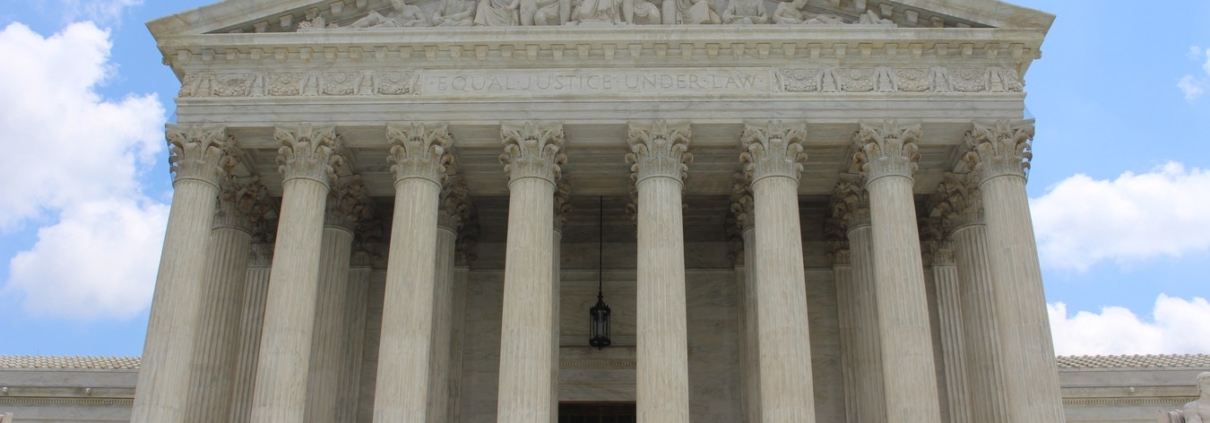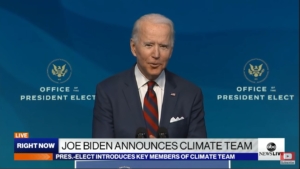Under The Robe: Supreme Court Vetting, The Municipal Manifesto, And (Oppo)rtunity Costs
Here’s what you need to know…
This week, President Trump nominated the second Supreme Court justice of his presidency with the selection of Judge Brett Kavanaugh of the D.C. Circuit Appeals Court. Irrespective of character and credentials – indeed of any personally-identifying information at all – opposition has sprung up immediately and outrage and hysteria are already at a fever-pitch.
Delve CEO Jeff Berkowitz has been involved in four Supreme Court nominations, two in support of nominees and two against, and in the interest of full disclosure, worked with then-Staff Secretary Kavanaugh in President George W. Bush’s White House. While the nomination debate devolves into mudslinging, this week we are delving into the particulars of the vetting process to illuminate the behind-the-scenes tactics used during these high-stakes Supreme Court nomination fights:
- Where Does The Vetting Begin? With The Judicial Record. For a nominee to the highest court in the land, the nominee’s history and actions throughout his or her legal career is the obvious starting point. This examination includes not only prior case law and ruling history, but also whether the nominee was a member of a law review and has produced any academic writings about cases outside of legal decisions. Because Supreme Court nominees are typically lawyers before they are judges, the things they have said or done as a lawyer matter, including – whether they were in private practice, a prosecutor or a defense attorney – the types of cases they took, whether they won their cases, and who they took on as clients. All of this information substantiates a convincing narrative as to whether or not a nominee has the experience, judgment, and credentials to stand up to scrutiny in the public arena.
- Vetting Continues With Public Records And Assessing Vulnerabilities: As should be done with any executive branch nominee or candidate for public office, vetting of public records related to the Court nominee is conducted to better understand the nominee’s financial position, which may include tax returns, property records, business records, and similar documents. If the nominee served in an Administration or state government, records from those entities must be requested through open records laws and secured from the National Archives or similar public and private collections.
- How Far Back Should You Go? A thorough process would also include a deep-dive into the nominee’s family and friends, known associates (including even high-school classmates), political donations and activities, as well as what others have said about him or her going back as far as possible. When it comes to a lifetime appointment on the Supreme Court, all materials are game – fair or not. During the Gorsuch nomination last year, there were even news stories critical of the judge’s mother, who served as President Reagan’s first Environmental Protection Agency administrator.
- How Can These Insights Be Leveraged? Unless the insights uncovered during the vetting process are organized into a compelling narrative, all of the time and effort put into the nomination could be for naught. If defending a president’s nominee, a thorough vetting provides clarity on the nominee’s vulnerabilities and allows the rollout team to anticipate and defend against likely challenges. It also allows for the building of coalitions of supporters who can go on-the-record to support the nominee, and help address and mitigate opponents who may be disposed to criticism. Conversely, if opposing the nominee, engaging early and often with facts that tell your side of the story and define the nominee in the public’s mind on your terms improves chances that the nomination could be derailed as your narrative gains traction.
Whether for a Supreme Court nomination fight or a high-profile corporate decision, vetting matters. As the new nominee makes his way around Capitol Hill and prepares for his confirmation hearings, the tactics of those on both sides of the debate – and the eventual outcome – will be instructive on the value of knowing what you don’t know.
Subscribe to Receive Insights
"*" indicates required fields



